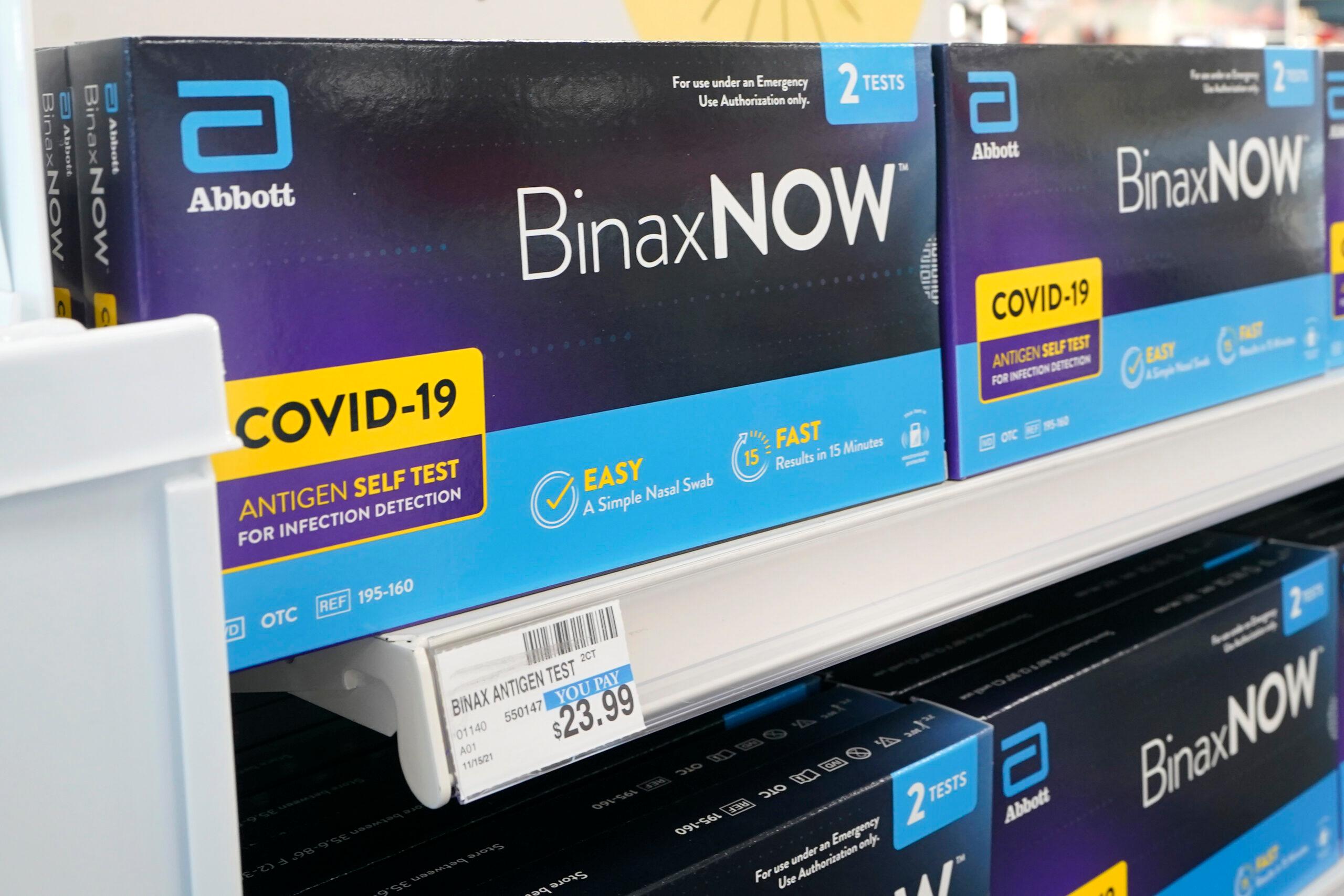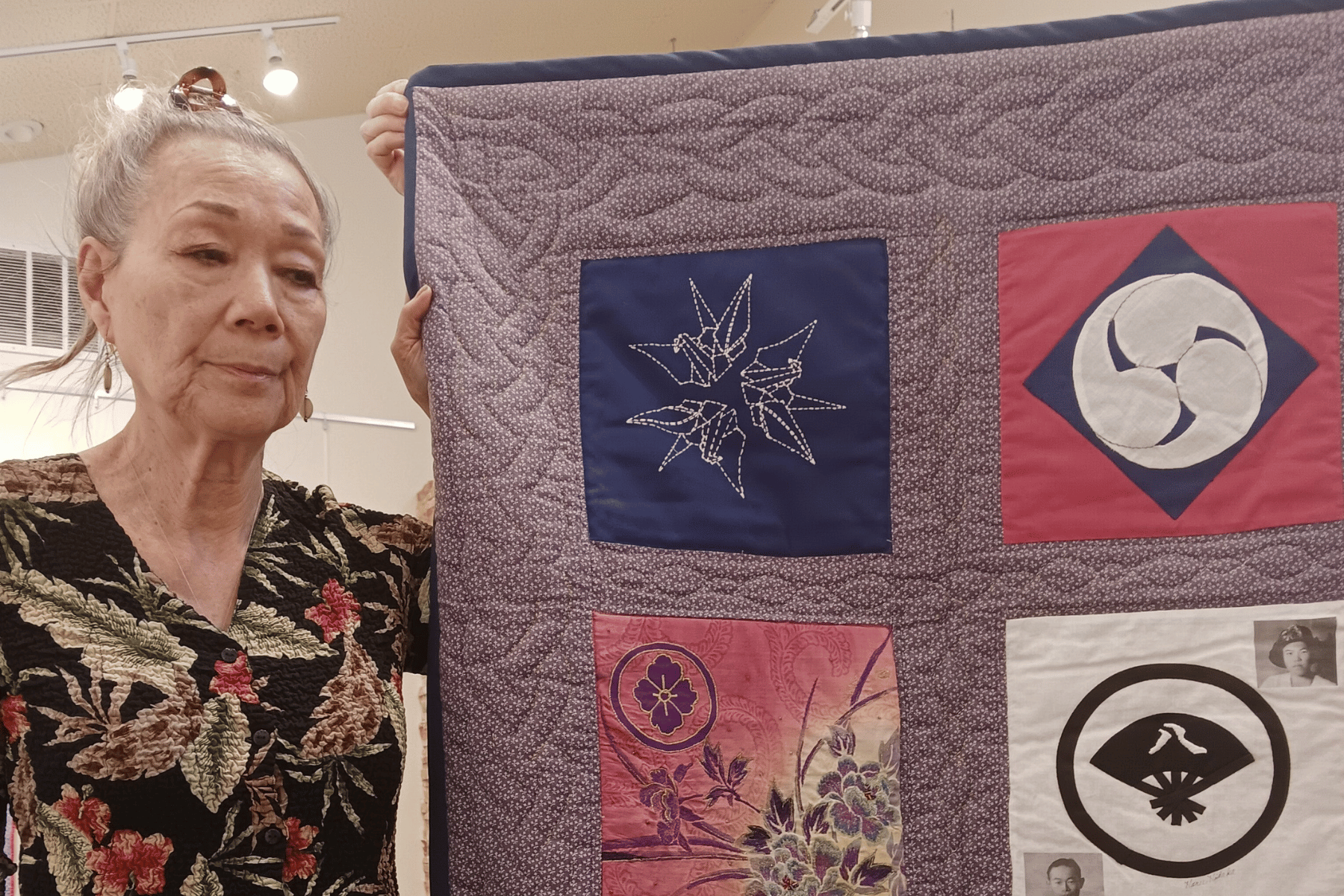
During the holidays, lots of Coloradans relied on rapid COVID-19 tests to determine whether they should gather for parties, visit with friends and family or stay home. But those tests weren’t widely available at local pharmacies. And when they were, the prices could be exorbitantly high.
Dr. Richard Zane, director of emergency services at UCHealth, said he gets asked a few times a week about finding at-home tests and how often his patients should test themselves for COVID-19, especially as the omicron variant rips through the state. According to state data, this week nearly 26 percent of PCR tests have come back positive.
“I think that the public, over the course of the last two years, has gotten remarkably mixed messages about testing,” Zane said. “I feel for people because they are getting messages, like go buy over-the-counter tests and test your family before you have a party — things that are scientifically ludicrous.”
How at-home tests are different from PCR tests
The first thing that’s important to understand, Zane said, is that antigen tests — which are the rapid, at-home tests — are fundamentally different from PCR tests (the ones that take several days to get results for), which are understood as the gold standard for detecting COVID-19.
A rapid test looks for antigens, which are what the immune system responds to, while a PCR test detects the virus itself through a replication process.
Antigen tests are more likely to detect COVID-19 if a person is experiencing symptoms or has a high viral load, while the PCR can detect a relatively small amount of virus and therefore may detect the virus earlier in the disease process.
Zane said it’s best to think about a rapid test result as positive or indeterminate. If the test comes back positive, you should isolate, seek medical care if you need it. If the rapid test is not positive, “it's as though you didn't do the test,” he said.
With rapid tests, results really depend on the point in time. If the test was taken during the earliest phase of an infection, the test could return a false negative. Some of the at-home tests have a sensitivity of about 85 percent. That means 85 percent of people who are infected are detected by the test while the other 15 percent of infected people are missed. In some studies, the reliability of these tests has been found to be even lower.
Using tests before parties or other gatherings
So back to that big party that has you wondering whether or not to attend. That’s when the real issue with relying on rapid tests comes into play. These at-home tests may detect some positive cases and rule those people out from going to the party (or a concert or the office). But the tests could miss other people who actually have the virus and could spread it to others when they show up.
“You'll decrease the number of people who are positive and spreading disease. So it could become a safer party,” Zane said. “But the people who don't have a positive test, they should interpret it as though they didn't do the test.”
The rapid tests can help to minimize spread, but they’re most effective when combined with other measures such as vaccines, masks and limiting gatherings to outdoor or well-ventilated spaces with fewer people as much as possible.
Negative at-home tests could be misleading
Erika Allen is a technician at the University of Denver's molecular diagnostics laboratory, where on-campus university students must take a PCR test every three days.
“Seeing all of the rapid tests being sold out of stores, people trying to get testing and failing and people spending a lot of money on tests that frankly are nothing more than a false sense of security is very frustrating to me,” she said.
Allen echoed the sentiments of Zane: That the negative result from an at-home test can give people the illusion that they’re negative for COVID-19 when they might not be. But Allen said there is still clinical relevance for the tests. If you have symptoms, an antigen test is very likely to tell you whether it’s COVID.
“(With) the rollout of these at-home tests to citizens, especially people who may not be as familiar with medical diagnostics, I don't think the information was provided to them to help them really understand the strengths and the limitations of this type of testing,” she said.
But both Allen and Zane agree that at a population level, the results of rapid tests are helpful for public health officials to understand the spread of COVID-19. And that’s why Coloradans who use the tests should report the results to the state.
Correction: An earlier version of this article incorrectly stated that a PCR test should be used to confirm a positive result from an at-home antigen test.
- Colorado is planning to distribute free KN95 masks
- Two COVID-19 testing companies have been ordered to stop operating in Colorado. Here’s a list of their 11 locations
- Is it COVID or a cold? What to do if you feel sick and how to stay safe
- COVID treatment in Colorado: monoclonal antibodies, steroids and other ways medicine is fighting the virus









